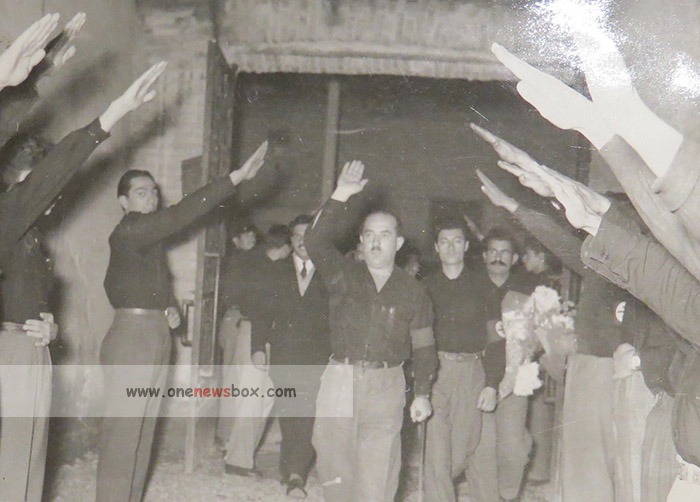The National Socialist Workers Party of Iran (SOMKA): A Fascist Chapter in Iranian Political History
The National Socialist Workers Party, better known by its Persian acronym SOMKA, represents one of the most controversial and ideologically extreme political movements in the modern history. Deeply inspired by the ideology and aesthetics of Adolf Hitler’s Nazi Party in Germany, SOMKA was a blend of radical nationalism, Aryan racial supremacy, anti-communism, and authoritarian ambition. Though short-lived and ultimately marginal in politics, its existence reveals how global fascist movements penetrated even distant corners of the world and resonated with segments of society frustrated with traditional elites, colonial interference, and communist expansion.
Origins and Foundation
While the formal establishment of SOMKA occurred after World War II, its ideological roots stretch back to the 1930s. The original founder, Mohsen Mirza Jahansuz, was born in 1914 in Kermanshah to a noble Qajar family. Educated in law and trained in the military, Jahansuz’s formative years coincided with a growing presence of German advisors and teachers in Iran, a result of strong relations between the Pahlavi monarchy and Nazi Germany.

